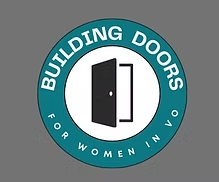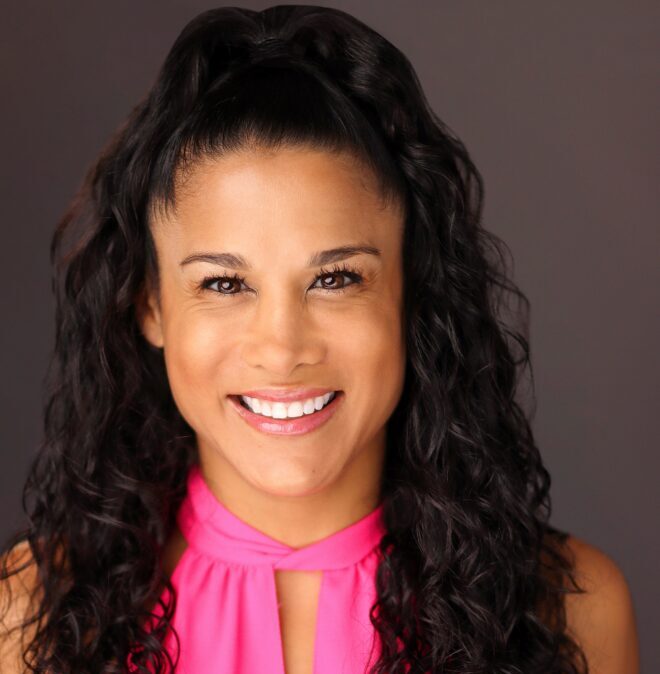 Let’s face it, in our “more is more “society, we often have a hard time saying no in our daily lives, and that can be even harder to do when our careers (and paychecks) are part of the equation. There’s a pressure on voice actors to accept every piece of work offered to them, particularly when they’re just starting out. Sticking to your guns in voice-over can be difficult. The business is competitive, resumes and reels need to be built, connections and relationships in the industry need to be forged. But just as you (hopefully) wouldn’t go out on a date with every single person that asks you out, you should exercise discretion when it comes to the voice jobs you accept.
Let’s face it, in our “more is more “society, we often have a hard time saying no in our daily lives, and that can be even harder to do when our careers (and paychecks) are part of the equation. There’s a pressure on voice actors to accept every piece of work offered to them, particularly when they’re just starting out. Sticking to your guns in voice-over can be difficult. The business is competitive, resumes and reels need to be built, connections and relationships in the industry need to be forged. But just as you (hopefully) wouldn’t go out on a date with every single person that asks you out, you should exercise discretion when it comes to the voice jobs you accept.
Saying no to work can feel counter-intuitive, particularly if you’re newer to the business or if you’ve gone a long time between jobs. But knowing when to decline a job offer is necessary to growing your career. Here are some instances when saying no is the best way to go.
The job is not aligned with your beliefs and morals.
This one should be a no-brainer, but sometimes people feel unsure about using this as a barometer for accepting work. Many agencies make this easy for those on their talent rosters: they ask flat out if there are any political, religious or ideological boundaries they need to consider when submitting talent for jobs. Ask yourself the very same questions and draw the same lines. You wouldn’t want to represent something you don’t feel good about ethically.
Something doesn’t feel right.
Is anything about the proposed job tripping off your gut instincts? Maybe it’s an interaction with the person you’d be working for, signs of disorganization, unprofessional practices, bad writing, or even something you can’t quite put your finger on. The point is, following this primal instinct is valuable in so many aspects of our lives, and the business side of being a voice actor is no exception. If you have that feeling in the pit of your stomach that tells you something is off – just say no.
The job is unpaid or underpaid.
Ask yourself this: would you go to your day job, work every day and then refuse a paycheck at the end of the week? I bet you wouldn’t. You need to approach your career as a voice actor in the same way. Sure, in the beginning stages you may do jobs for free or for very little money in order to build your resume and gain experience. But there will come a time when sticking to your guns in voice-over means you have to decide that you are no longer willing or able to work for free. In order to get others to value you and to value your work, you first need to value yourself. Set a fee you’d be willing to accept for your services and stick to it. This means you may be overlooked at times in favor of someone who is willing to work for free. Eventually though, voice actors who insist on being paid for their services are the ones who are considered for better roles. When clients see you are worth paying, your value increases in the marketplace.
You are stretched too thin.
The quality of your work – from your performance, to your recording and delivering of files, to your follow through with the client – is paramount to your success as a voice artist. If the demands of other jobs or your personal life have you pressed for time and stressed out, chances are you won’t be able to do your best work. In this case, saying no is better than saying yes and creating an inferior product, which could leave clients with a bad impression of you and your abilities.
Saying no can be hard, but it does get easier with practice. And remember – how you say no can make all the difference in the world. It’s always best to do so with grace and, if possible, leave only good feelings behind. Sticking to your guns in voice-over means maintaining the fuel behind your decision to become a pro talent in the first place. The people you’re turning down today may be the very people you want to work with tomorrow!
Find this useful? Check out our VO Pro Membership!
Claudine is also an Emmy Award-winning director/producer, commercial and promotional voice talent for brands like Verizon, Listerine, and MasterCard, native Brooklynite, published photographer, and and was the live announcer for the first ever televised Hollywood Film Awards on CBS.





